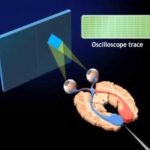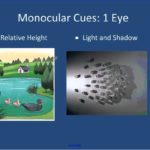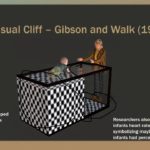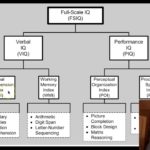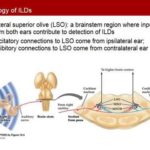FREE PSYCHOLOGY RESOURCE WITH EXPLANATIONS AND VIDEOS
SUBJECT AREAS: brain and biology – cognition – development – clinical psychology – perception – personality – research methods – social processes – tests/scales – famous experiments
RECENTLY ADDED CONCEPTS:
Vision
Vision is one of the senses that humans rely on most, and humans can perceive light within the range of 400 to 790 Terahertz. A network of light-sensitive nerve cells (photosensors) at the retina (at the back of the eye) … Continue reading →
McGurk Effect
The McGurk effect was first described in 1976 in a paper by Harry McGurk and John MacDonald entitled “Hearing Lips and Seeing Voices”, and is a perceptual phenomenon which demonstrates an interaction between hearing and vision in speech perception. The … Continue reading →
Phi Phenomenon
The phi phenomenon is an illusion where one perceives a continuous motion in separate objects displayed rapidly in succession. The phenomenom was identified by Max Wertheimer in his 1912 paper ‘Experimental Studies of the Perception of Motion’. Films and animation … Continue reading →
Depth Perception
Depth perception is the visual ability to perceive the world in three dimensions, enabling judgements of distance. Depth perception arises from a variety of depth cues, which are typically classified into monocular and binocular cues. Monocular cues can provide … Continue reading →
Perceptual Development
Perception is the ability of humans to acquire information from the world through their senses. Perceptual development refers to the development of these senses, and this takes place mainly during the first year of life, according to the majority of … Continue reading →
Psychophysiology
Psychophysiology is an area of psychology focusing on measurable physiological aspects of psychological phenomena.
Social Facilitation
Social facilitation is a term coined by American psychologist Floyd Allport in 1924, referring to observations in which people appear to perform better when carrying out a task if others are present, or if others are engaging in the same … Continue reading →
Bellevue-Wechsler Scales or Wechsler Scales
The Bellevue-Wechsler scales are a set of intelligence tests first developed by the Romanian-american psychologist David Wechsler, who worked as a psychologist at Bellevue Hospital Center in New York for several decades. The scales were in part created as an alternative to the original … Continue reading →
General Practitioner Assessment Of Cognition (GPCOG)
The general practitioner assessment of cognition is a survey used to assess cognitive impairment, and is designed to be used by general practitioners. The test is short, and can be completed within a few minutes. Link to sheet of the … Continue reading →
Auditory Localization
Auditory localization is the ability to locate a sound source in the environment, and humans can do this relatively well using hearing alone. We locate sounds using a set of cues. The individual cues are not sufficient in of themselves, but work … Continue reading →
